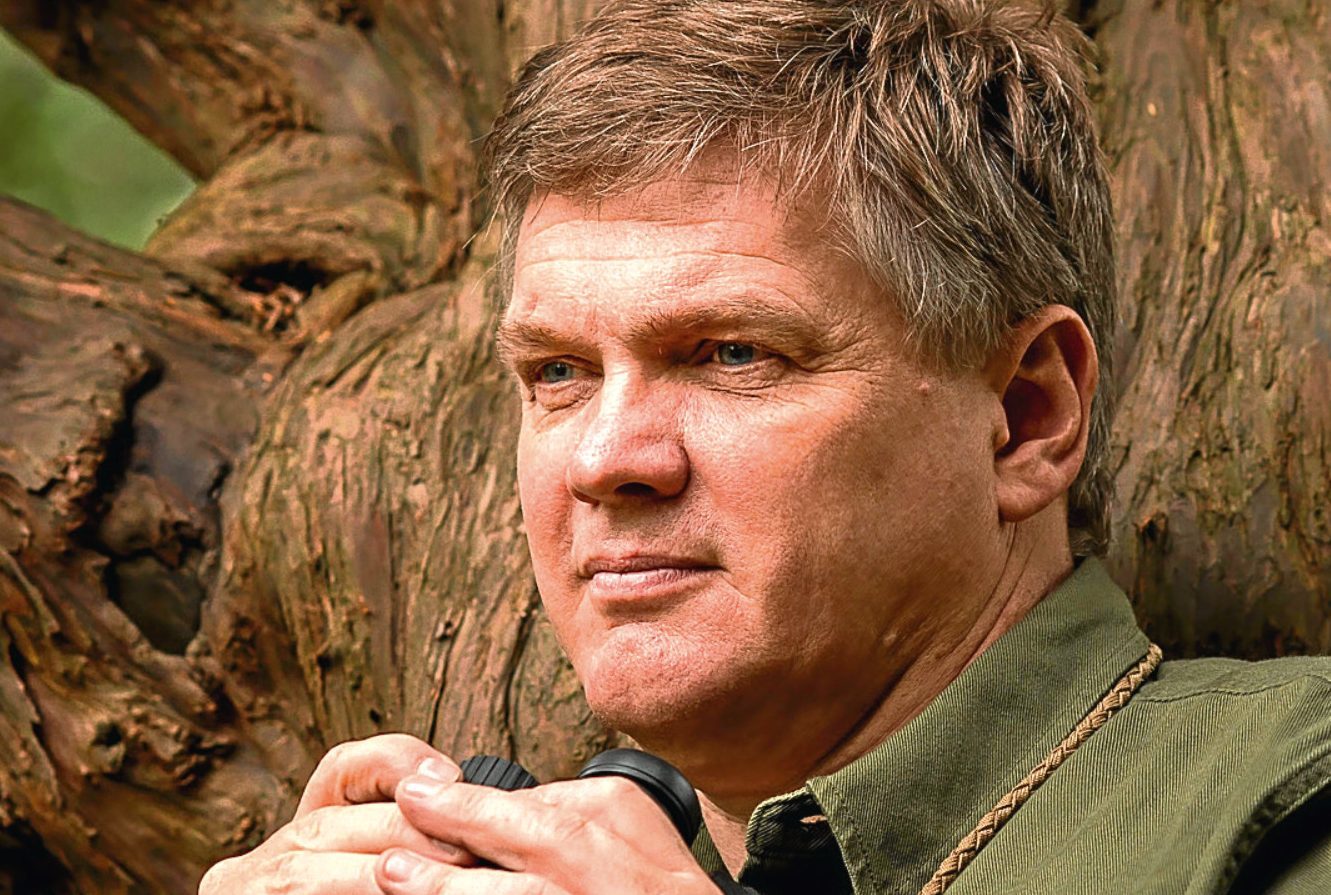
RAY MEARS has revealed the secret to survival after decades of travel and wild exploits – his sixth sense.
But he says that if that failed him he had a remarkable “survival revelation” during a recent trip Down Under.
Australian Wilderness With Ray Mears is the seven-part series, starting this week in some ITV regions, which he had been working on in crocodile-infested waters alongside an aboriginal guide.
“She said that if a crocodile came along she’d throw herself in front of it,” smiled Ray. “And she meant it. Isn’t that neat?
“But I always listen to my sixth sense. If I’m swimming somewhere and I feel that I shouldn’t be there, I’ll get out.
“I’ve learned that it’s very important to listen to that little alarm clock, the times when the hairs rise on the back of your neck.
“You mustn’t ignore it ever.”
Encounters with crocodiles are nothing new for Ray. He’s come across them many times on his travels but one moment, when he was filming just two years ago, is fresh in his mind.
Big crocs were all around when, spotting a buffalo they wanted to film, three of his crew dashed round a tree without realising a 3½m croc was on the other side.
Ray, who knows how fast they can pounce and that once they have you there’s no escape, says they had the luckiest of escapes.
“I’d been telling them until I was blue in the face to be careful.
“They listen, they’re not stupid – but they made a mistake. They got away with it but it could easily have gone the other way.”
Being in Australia was a joy for Ray, who loves both the country and the people.
He spent a lot of time with aborigines, something he has done at length in the past.
“You hear so much negative press about them but they are the most charming, wonderful people.
“They’re very caring and giving. It was easier for me with aboriginal people because I’ve been before.
“There was one guy I was interviewing and he was giving the standard sort of a spiel. When I said I’d been before he asked where and I was able to rattle off a whole list of places. He just looked at me and said: ‘You should have said, mate. I wouldn’t have treated you like a tourist!’
“The only thing is that we used to have longer to make these films. Now we have two days and I have to work harder to make those bonds with people.”
Ray will be sharing tales of his latest exploits on his new UK tour Born To Go Wild.
It includes a number of Scots dates starting in Inverness on October 10, then Dundee on the 11th, Glenrothes on the 12th, Edinburgh on the 13th and Stirling on the 14th.
“I’ll be talking about a couple of aspects of my work, while mostly having fun,” Ray explains. “One is about how to master a skill, in particular fire-lighting. I’ll get a few people up on stage to have a go.
“In the second half I’ll talk about having a passion for nature. If you don’t have that and you can’t identify things you might as well forget about anything else.
“I’ll be using clips from some of our filming in Australia for that.”
Coming north of the border is second nature to Ray who spends a month every year in Perthshire, where he has family friends.
And his Scottish memories go way back to childhood.
“I’m a real Scotland lover. I remember coming on a big tour with my dad about 1970 and looking for the Loch Ness monster among other things.”
With his global travels and passion for nature, Ray is well placed to have keen insight into the current state of the environment.
“Look, there’s no problem with the planet. The planet’s fine,” he adds.
“I’m not very happy about the way I see the environment being treated. And I’m very concerned about some of the things going on in the world.
“Ultimately, we depend on nature and it’s our future we should be thinking about.
“People say, ‘Oh, I’m not having a plastic bag today, I’m saving the planet’.
“They’re not. It’s us, not the planet, that’s at threat.
“We need to stop destroying the biodiversity we rely on.”

Enjoy the convenience of having The Sunday Post delivered as a digital ePaper straight to your smartphone, tablet or computer.
Subscribe for only £5.49 a month and enjoy all the benefits of the printed paper as a digital replica.
Subscribe